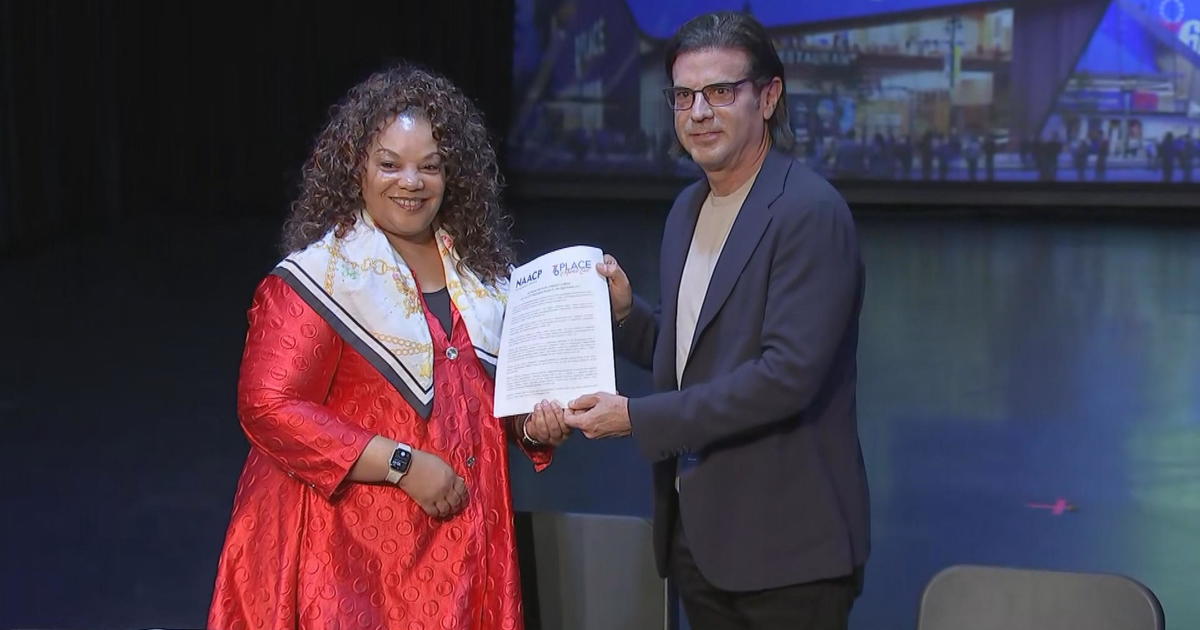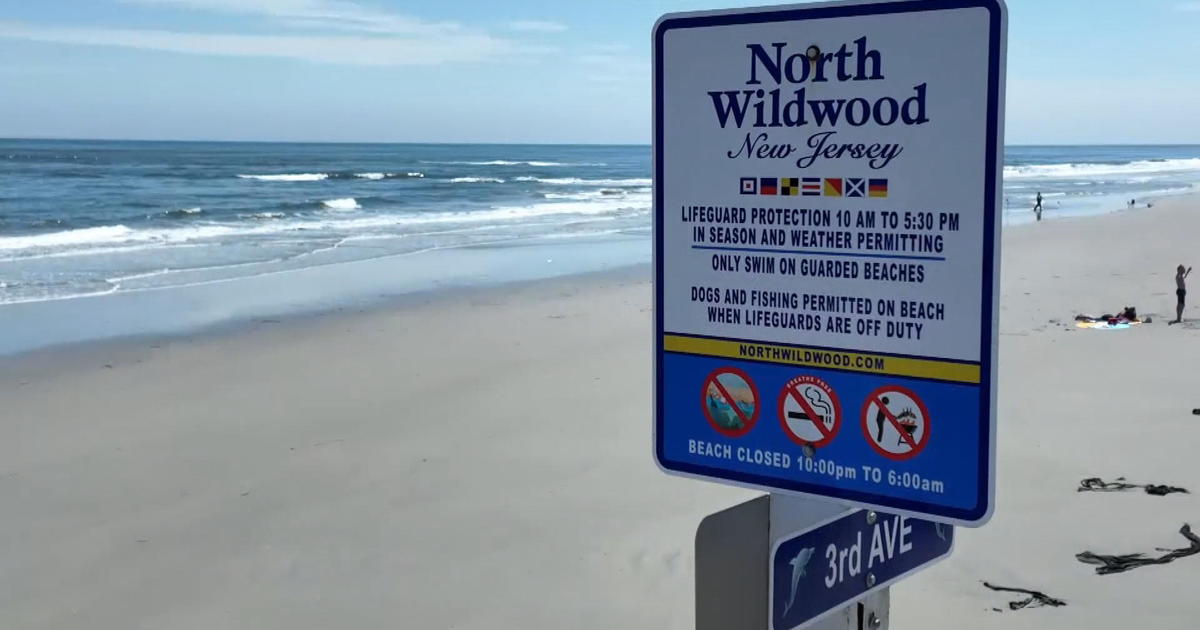Education Politics Will Be Key In Corbett's Plans
HARRISBURG, Pa. (AP) — The plight of Pennsylvania's public schools will dominate many of the Legislature's debates this spring as educators face even tighter budgets and the politics of education grows increasingly precarious.
It will start Tuesday when Gov. Tom Corbett releases his budget proposal for the fiscal year that begins July 1. Many details of the plan were being kept under wraps by the governor's office. But Corbett's top budget maker has been frank that rising costs for public employee pensions and health care for the poor will be difficult to absorb and the Legislature's political willingness to cut spending is gone.
Aid for public schools is poised to play a central role as school districts, particularly the poorest, continue to struggle a year after Republicans pushed through deep reductions in state support.
"It will be a key item in the budget," Corbett spokesman Kevin Harley said.
The Republican governor has left open the possibility that he will propose more aid for public schools.
But he has sent signals that cuts in state aid to public schools are possible if the Legislature does not approve the changes he will propose to pension benefits for hundreds of thousands of current public school and state government employees. He is also tying his plan to liberalize beer, wine and liquor sales to education by pledging to dedicate the proceeds from licenses to public school grant programs.
Both are political gambles and are already sustaining strong crosswinds in the Republican-controlled Legislature.
Democratic lawmakers will resist his proposals, in part because unionized employees would see job losses under Corbett's liquor privatization plan and reduced retirement benefits under his pension strategy. They also dismiss the alcohol-funded grants as being designed to let him pick and choose districts to help, while callously ignoring the dire financial condition of poorer districts.
Some top Republican lawmakers are already critical, too, questioning whether Corbett's strategy on pensions is even legal, and defending the role of state-controlled wine and liquor stores in serving rural areas and controlling alcohol consumption.
Senate President Pro Tempore Joe Scarnati, R-Jefferson, warned Corbett against balancing cuts to schools against the pension changes he will advocate.
"The issue of cutting public education is a very sensitive issue. That's a very sensitive issue for me, members of my caucus and members of the General Assembly, and putting an either-or doesn't make this budget a lot easier to get done," Scarnati said.
Democrats sense that Corbett and many Republican lawmakers are worried about a public perception that they have bungled their handling of public schools.
"What you see is a concern," said Chester County Sen. Andrew Dinniman, the ranking Democrat on the Senate Education Committee. "And by the way, they should be concerned, because the governor and many of his allies have severely hurt public education in this commonwealth."
According to state data, school budgets this fiscal year are back above $25 billion collectively, about where they were two years ago. Last year, budgets dipped about $750 million. This year, that money has largely returned to school budgets.
The biggest source of that money is probably local tax increases, said Jim Buckheit of the Pennsylvania Association of School Administrators.
The top half of Pennsylvania's 500 school districts in personal income are in better condition, increasing their approved budgets over the last two years by an aggregate of 1 percent, or $166 per student, according to an Associated Press analysis of state data on school budgets, attendance and income.
The state's poorer school districts reduced their approved budgets over the past two years by an aggregate of 2 percent, or $272 per student, according to the AP analysis.
The spread was wider on the edges of the income spectrum.
In the meantime, the stress to make ends meet is growing for school districts.
Raising taxes, laying off employees, expanding class sizes and closing school buildings are the norm in many districts now trying to absorb their share of an approximately $700 million increase in school employee pensions next year. That's a jump of 40 percent, according to the Pennsylvania Association of School Business Officials.
In western Pennsylvania's Westmoreland County, the tiny Southmoreland School District is racking up awards for achievement, despite being in the bottom one-third of the school districts in income and undergoing one of the biggest proportional budget cuts in the state over the past two years.
Next year's budget "is looking a little bit frightening as well," said Superintendent John Molnar.
Molnar is projecting a $1.5 million deficit next year for the 2,200-student district, even after balancing this year's budget of slightly above $26 million with staff reductions, a tax increase and a transfer from the district's reserve. All those measures are possible again for next year, while he is preparing to empty the school administration building and disperse employees there to empty spaces in district school buildings.
The potential savings of $12,000 to $15,000 a year on utilities is "a drop in the bucket," Molnar said. "But how do you eat an elephant? One bite at a time."
(© Copyright 2013 The Associated Press. All Rights Reserved. This material may not be published, broadcast, rewritten or redistributed.)



